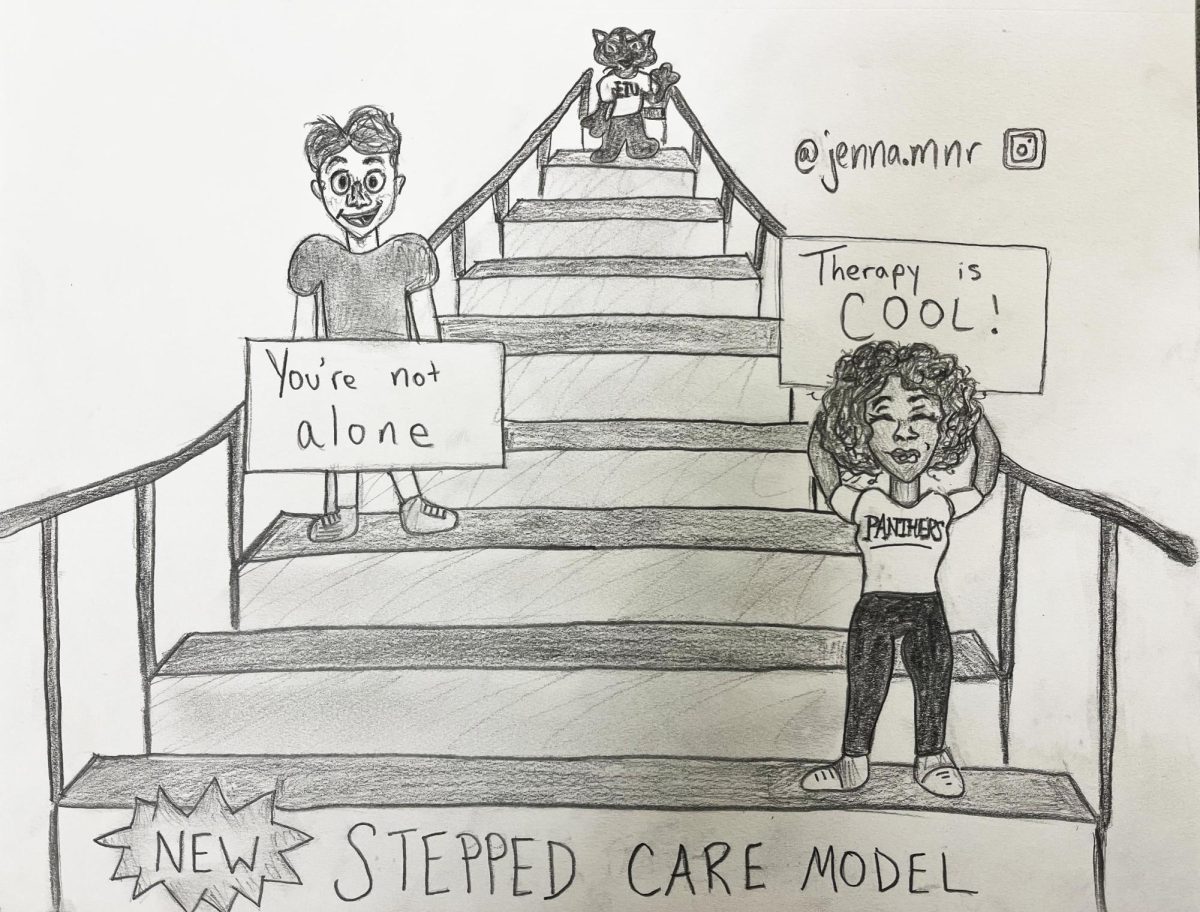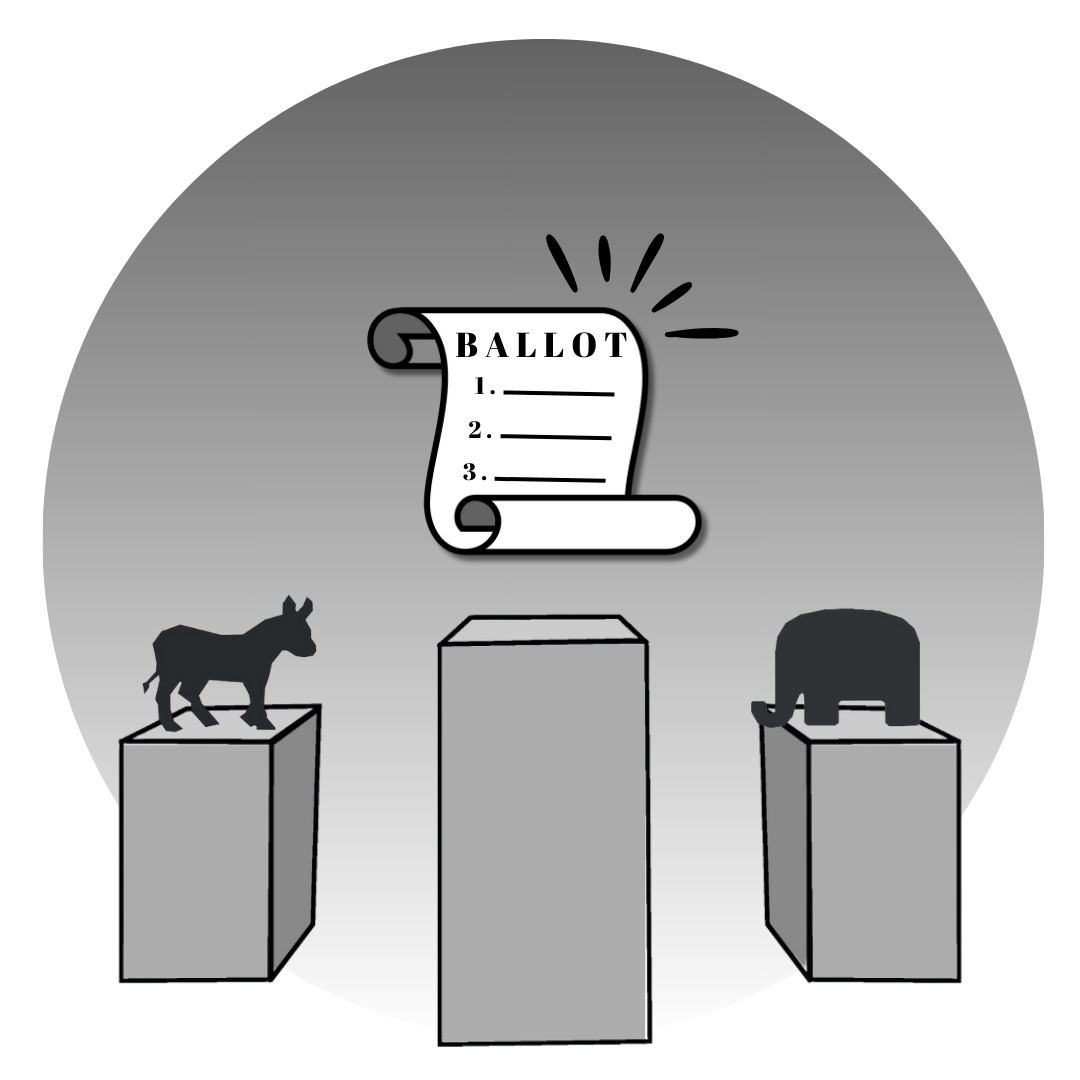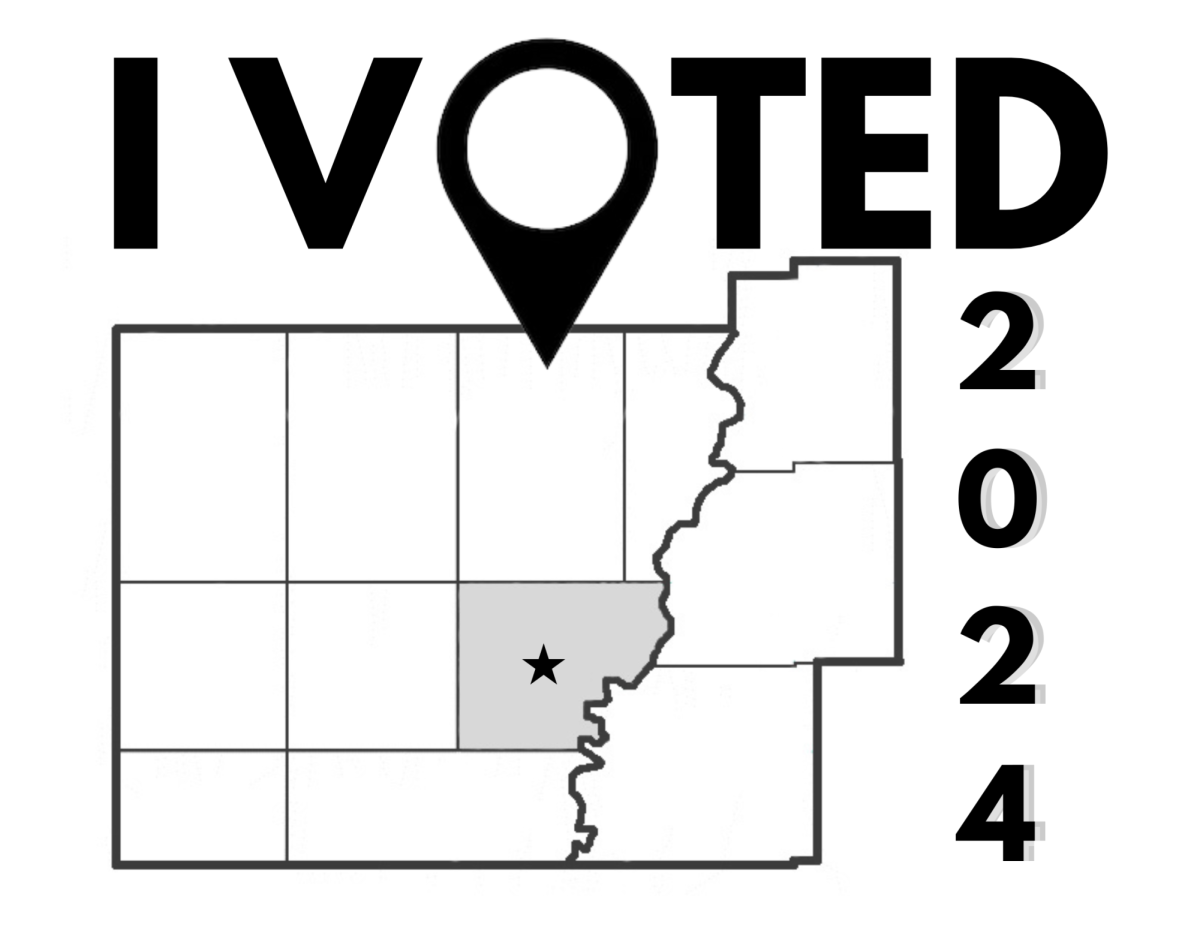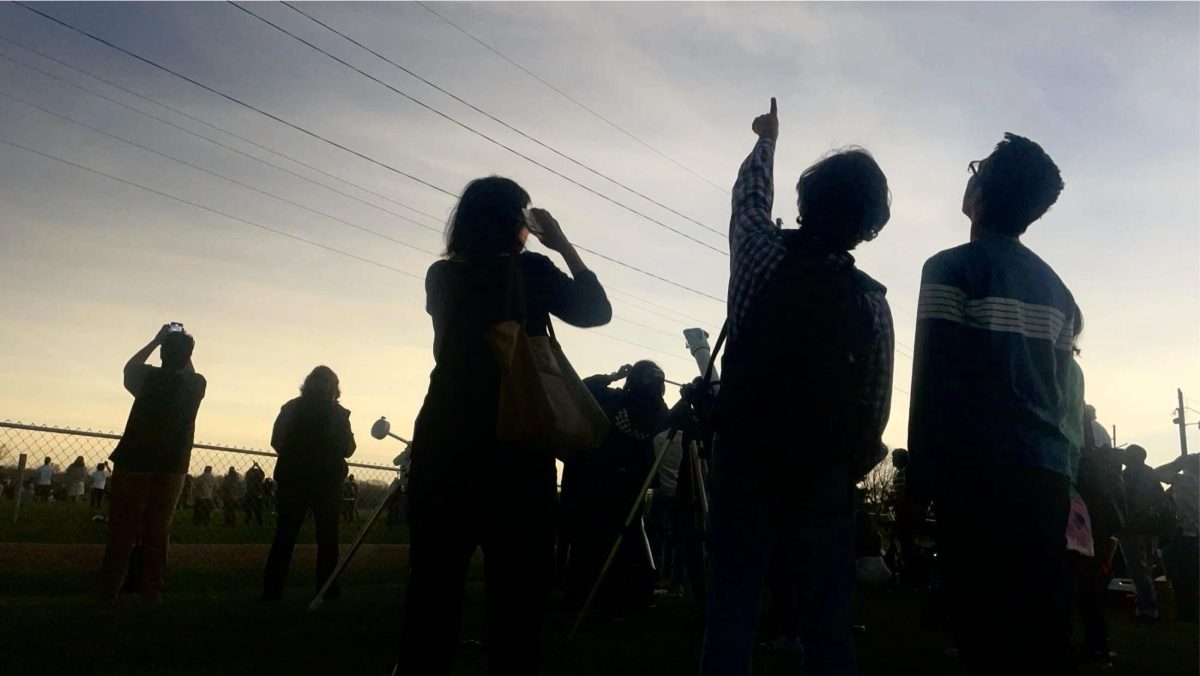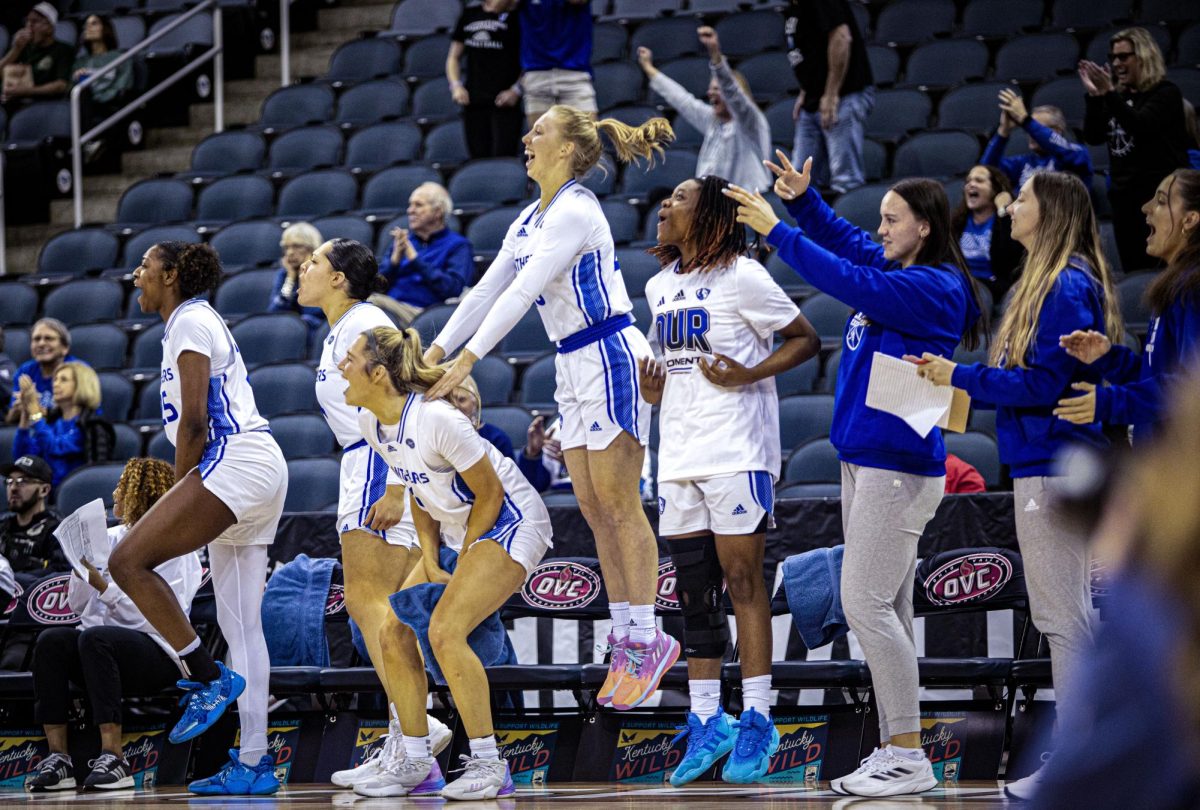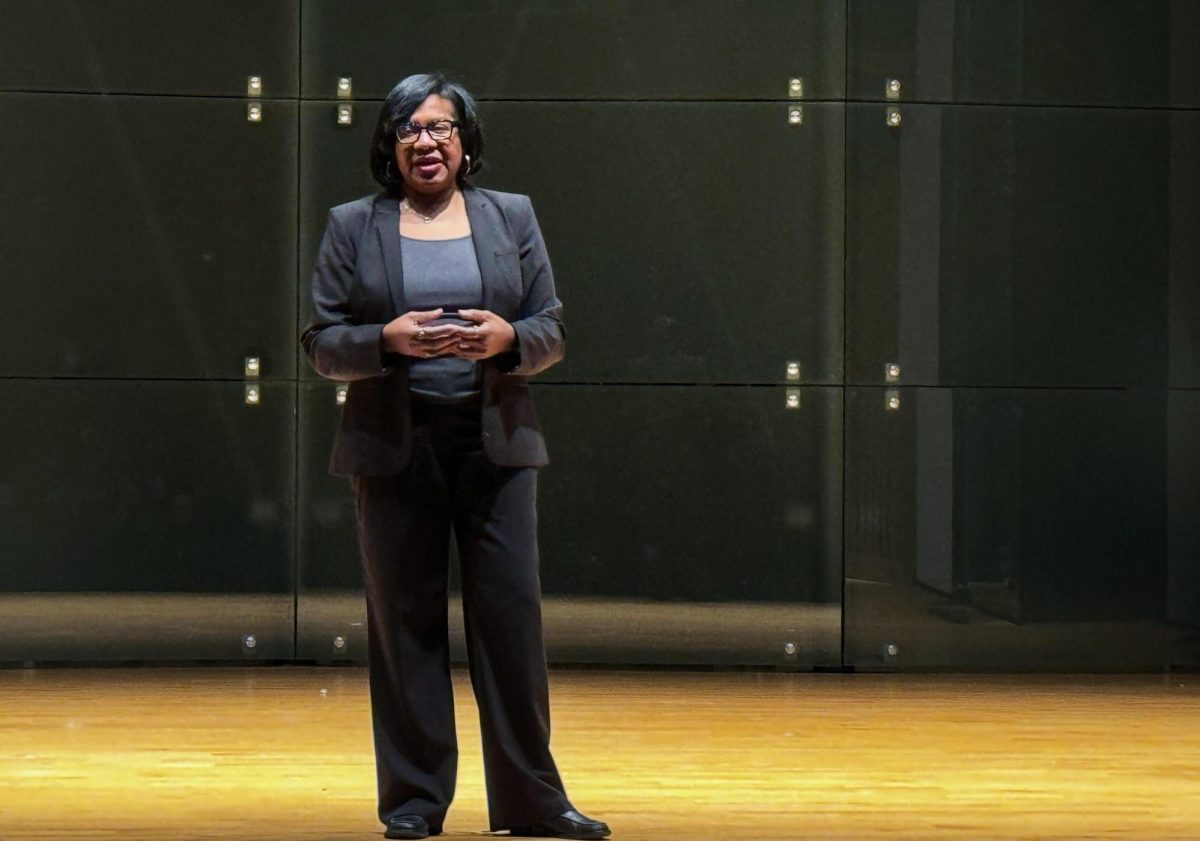September is Suicide Prevention Month. During the month of September, it is common for people, organizations, or other entities to raise awareness and decrease the stigma surrounding suicide or mental health.
Here at Eastern, there are usually events and an increased awareness of resources on campus like the Health Education Resource Center (HERC) that features and promotes the Counseling Clinic.
A common problem that has prevented or deterred students from seeking out help from the Counseling Center has been the wait list or lack of trained professionals who can do therapy sessions.
The HERC has addressed this problem and has introduced a tiered system of supports that could potentially reach more students and features more self-help skills and strategies.
The new system is labeled as a “Stepped Care Model.”
The level of self-advocacy skills reflects the effort and time from the trained staff at the clinic. The higher the student skills, the lower effort from the staff. The lower the student skills, the higher effort from the staff.
The model focuses on getting students who may not need many one-on-one services for self-help, then the students who need higher support get the services they need for one-on-one interaction with a trained professional.
This initiative is to decrease wait lists and times that has plagued the clinic in the past. The presence of COVID-19 on campus did not help these waits either.
According to the Counseling Clinic Website, the first appointment is usually within two weeks of starting the process and the actual appointment takes five minutes. This appointment is a screening process to access the needs of the student.
There are some different paths described on the website that explain what could happen after your initial appointment.
Some of the examples are:
- Referred to class(es) at the Heath Education Resource Center (HERC)
- Referred to a group counseling/support group
- Referred to individual counseling
- Referred to psychiatric nurse for medication
- Referred to Primary Care Physician or Psychiatrist for Medication
- Referred to Hospital for Psychiatric Evaluation
From this list, there are obviously two extremes. One could be a class or a psychiatric evaluation. Not everyone needs an evaluation, but maybe they could benefit from a class on self-help.
This is the system that they are implementing to hopefully place students in an environment where they can best succeed in their least restricted environment, but still get the help they need.
At The News, we hope to see positive results of this program and see students get the help they need in less time compared to past years.
The college work-load is no joke. We encourage everyone to seek the help they need, to decrease the stigma around mental health, and increase the conversations about mental health with those you care about.
Editors’ Note: Here are resources that we encourage you to use or share.
EIU Counseling Clinic
Human Services Bldg. 1st Floor
217-581-3413 Monday-Friday
1-866-567-2400 After Hours Emergency Number
Suicide and Crisis Lifeline (Formally National Suicide Prevention Lifeline (1-800-273-TALK))
988, 24 hours a day, English and Spanish, accommodations those who are deaf or hard of hearing



















![[Thumbnail Edition] Senior Foward Macy McGlone, getsw the ball and gets the point during the first half of the game aginst Western Illinois University,, Eastern Illinois University Lost to Western Illinois University Thursday March 6 20205, 78-75 EIU lost making it the end of their season](https://www.dailyeasternnews.com/wp-content/uploads/2025/03/WBB_OVC_03_O-1-e1743361637111-1200x614.jpg)













































